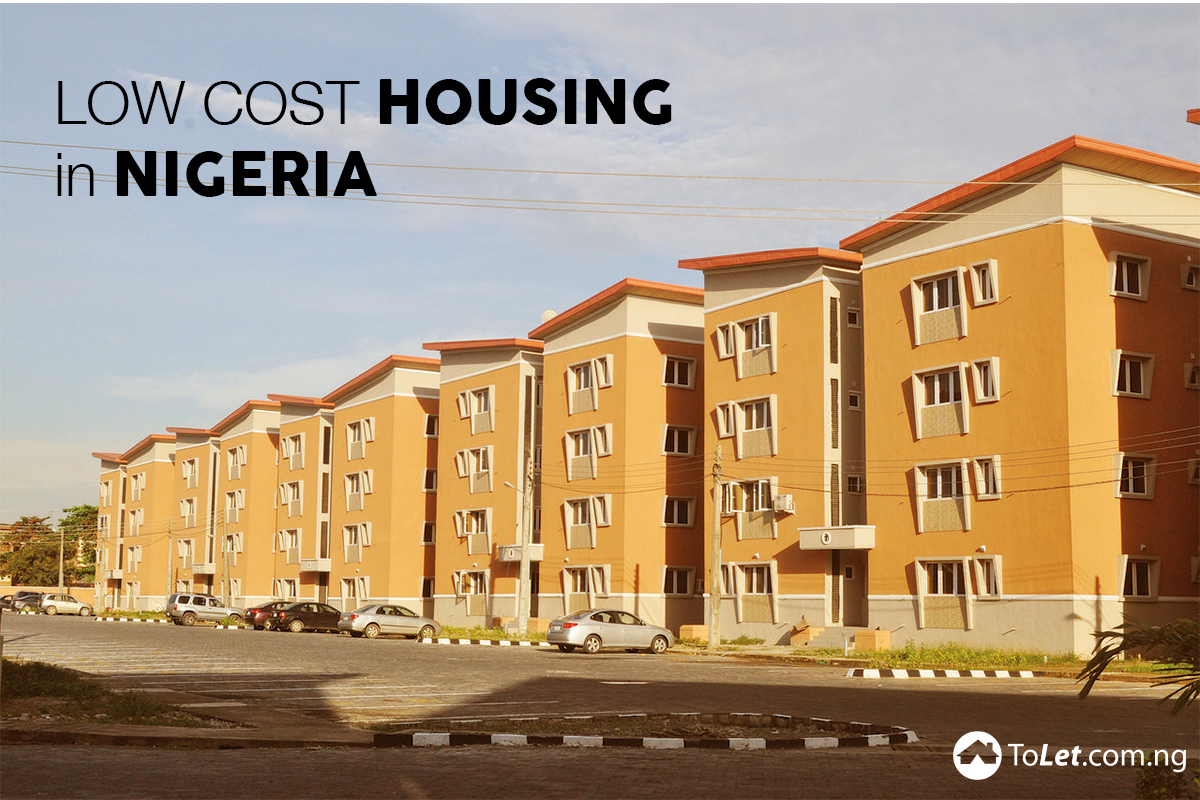- How banks pick offers

- How to identify a deal
- 4 ideas when making an offer

It's not uncommon for both new and knowledgeable investors to ask the exact same question: What is REO investing? You have actually probably heard the term REO residential or commercial property but never rather comprehended the process of getting such a deal, let alone just how much to offer on bank-owned residential or commercial property.
What Are REO Properties?
A bank-owned home is an REO, or property owned foreclosure. REO residential or commercial properties are those that have actually been recovered by their original lending institution: the bank. This implies that a bank foreclosed a house, and the residential or commercial property was then unable to cost auction, so it remained owned by the bank. Banks don't desire these failed mortgages on their records. To get them off of their hands, banks normally offer them at decreased rates. This is a fantastic chance for investors to get ahold of undervalued residential or commercial property, but not all REO residential or commercial properties are worth the financial investment. Don't feel overwhelmed; this technique is for anybody interested in pursuing an imagine monetary liberty through property, even newbies.
Not only do you get residential or commercial properties well below market price (increasing your opportunity to profit), buying REO deals likewise allows you to buy property totally free of title liens and other claims and will assist to diversify your financial investment portfolio.
How Banks Choose REO Residential Or Commercial Property Offers
Many financiers are seeking to benefit from the chances that low-cost REO residential or commercial properties use. This can put banks in a position to develop a bidding war between interested financiers.
Banks will identify the home's market price by comparing the price point of similar homes in the location that have actually just recently sold. Then, they will set the price of an REO residential or commercial property either at or under the home's market price. Each prospective purchaser looking to buy the REO residential or commercial property will send their deal to the bank, and the bank will pick the greatest and finest offer.

All of it starts with knowing just how much to provide on a bank-owned residential or commercial property, so let's begin there.
How Much Should You Offer On A Bank-Owned Residential or commercial property?
The initial step to determining your REO residential or commercial property offer is discovering about the residential or commercial property's financial history. You will wish to find out how much the residential or commercial property was initially purchased and just how much its foreclosure was priced at auction.
You ought to likewise perform your own market analysis to get a concept of how much similar homes in the area are valued at. Look at recent sales of comparable homes within the last few months and active listings in the residential or commercial property market. This will help you identify just how much the residential or commercial property is actually worth versus just how much it is listed for by the bank.
Remember that the bank will not make any repair work to the residential or commercial property, so you will need to account for the cost of any repairs and remodellings the residential or commercial property may require before you can sell it. This need to be accounted for in your evaluation of the residential or commercial property's value.
Researching the listing representative may offer additional insight, as numerous representatives specialize in bank-owned residential or commercial properties. Look up residential or commercial properties the listing agent has actually sold in the past several months with the help of your own representative. Compare the listing costs to the final sale costs, as this will supply more context to their experience and the marketplace. This can help you choose if you need to make a higher or lower offer.
It's likewise wise to know how numerous other quotes will be involved in the REO residential or commercial property sale. If there are many bidders on one residential or commercial property and you send a low deal, there is less probability that it will be accepted. You will have the opportunity to raise your offer if higher bids been available in, but be sure to use your market analysis to prevent you from bidding more than the home is in fact worth.
Finding Foreclosed Homes For Sale
There are several methods to discover foreclosed homes for sale, consisting of on the MLS. The word "foreclosure" might not constantly be in the title, so always check out the description when looking for these homes. Investor can also search bank workplace sites and other online listing services for possible foreclosures. Many banks have dedicated websites to foreclosed homes. There are likewise specific sites that concentrate on foreclosures, search for your market location online and see what is readily available.
The paper and other regional printed materials usually print foreclosure info also. Read these products routinely as you look for foreclosed homes for sale. Finally, you can ask around your network for additional information. Often, property agents and brokers are conscious of foreclosures in the area.
4 Ways To Make Your REO Offer Irresistible
Buying REO residential or commercial properties is a fantastic addition to any investment portfolio, and likewise has the prospective to assist you profit big time. However, if you're deal never ever gets accepted, you will not be able to take advantage of the advantages. Help your bid be chosen each time by adhering to the following pointers:
1. Offer A Quick Closing
Fortunately for investors, a bank-owned residential or commercial property comes with a highly encouraged seller. Why? Because banks wish to rid themselves of these money-sucking homes as quickly as they can.
Whether you're new to property investing or a skilled pro, you ought to be aware of the benefits that come with determined sellers. Motivated sellers are precisely that: motivated to sell; they are usually more willing to work out terms (like a lower asking price) if you can close their deal quick. Banks and REO residential or commercial properties are the very same way.
The average closing window to complete a deal is around 30 days. Because you are (more than likely) receiving a terrific cost for this residential or commercial property, closing in less than one month ought to be no problem. Luckily, while it is simple for you, it's typically adequate to impress the bank. Consider using to close in five days. While this might look like an obscenely short quantity of time, it is worth making a shocking bid to attract the bank if, of course, you have the funds. Chances are, the bank will not be able to process the sale in a week. But you'll come out looking like the hero (with a new rehab or wholesale residential or commercial property to show for it), and the specific lending institution might be most likely to desire to deal with you in the future.
While offering a fast close won't always ensure the sale, it will absolutely give you an edge over the competition.
2. Forego An Examination
Similar to offering a fast close is foregoing an evaluation procedure. Why? For the very same reason that banks wish to offer: they wish to sell quick. While an REO residential or commercial property can be extremely advantageous to an investor, these residential or commercial properties can be a huge drain on a bank.
The suggestions to do without an inspection is not something you will hear frequently; nevertheless, if you've discovered a residential or commercial property you understand you can make money from, using to skip the inspection procedure is a great method to attract the bank. If you select this path, it's important to note the value of minding your due diligence. The residential or commercial property needs to be a low adequate cost to where you can still profit, supposing the worst of the worst happens (believe structure damages, roofing system leaks, mold, and so on).
Keep in mind, an inspection is a contingency, not a requirement. Meaning, if you examine the residential or commercial property before you make the quote, you can avoid a main assessment to make your deal shine. Banks will appreciate the less work involved on their end, and you have a better possibility of gaining the benefit.
[Thinking of investing in realty? Register to attend a FREE online real estate class and discover how to start purchasing property.]
3. Pay In Cash
If there's something to be sure of, it's that cash is king, particularly in the eyes of a bank that possesses an REO residential or commercial property. You might have the very best offer letter worldwide packed with advantageous contingencies for the offering celebration, but they indicate nothing without cash. If you're all set to put money (or the comparable) on the table, your deal will be beside impossible to skip.
Several successful investors go to REO auctions with their pre-qualification letters direct from their difficult money lenders ready to purchase the residential or commercial property. While these investors can be great prospects, usually offering complete (or near to complete) asking prices, they can not contend with money purchasers. In reality, I am personal pals with a financier who examined the MLS just to find that a number of the REO residential or commercial properties he wanted were cost less cash to financiers using money.
If this choice is possible for your spending plan, paying in cash is a foolproof method to stand apart. Bring a physical statement from a line of credit that shows you have the funds next time you meet a bank offering an REO residential or commercial property and watch a dramatic enhancement in your results.
4. Be Unique
There are particular events where doing things "by the book" can actually harm your possibility of getting a deal accepted, specifically when it comes to REO offers. Some distinct examples consist of.
- Offer an unknown number: When banks are sorting through the offers for, say, a $100,000 residential or commercial property, they see a lot of the same thing over and over once again. If they discover an offer like $100,158, possibilities are you'll stand out. At this point, the bank will be more ready to go through the rest of your deal.
- Split Fees: There are other fees, aside just the expense of the residential or commercial property, connected with closing an REO offer. Transfer fees, escrow fees, and title insurance coverage costs are simply a couple of examples. Offering to divide these expenses will show to the bank that you mean company.
- Submit a pre-approval letter: While this may sound obvious, not everybody will submit a pre-approval letter from their loan provider when making a deal. Make sure to remember that pre-qualification and pre-approval are 2 totally different things. A bank will not care if you're pre-qualified; they would like to know that if they accept your deal, that you'll be all set to go.
- Be Friendly: Who states that buying foreclosed residential or commercial properties needs to be a serious deal from start to end up. Despite unfavorable stereotypes, bank loan providers are individuals too. They have families and pastimes and most likely like to discuss them. Be familiar with the lender you're dealing with and humanize the experience. If the bank has it narrowed down to 2 deals, who do you believe they'll select? The financier who forgot their name, or one who inquires about their partner and kids?
Financing A Foreclosure Deal
There are several ways to finance a foreclosure deal, including with a conventional mortgage. While some lenders might be reluctant to offer a loan for a foreclosure residential or commercial property it is possible. Buyers might likewise be interested in evaluating 203(k) loans, the Freddie Mac HomeSteps program, and Fannie Mae's HomePath ReadyBuyer program. Learn more about these government-backed funding alternatives:
- 203(k) loans: These loans enable purchasers to finance a foreclosure residential or commercial property and any essential repair work in when mortgage. There is a mortgage insurance coverage premium attached, but purchasers can obtain up to $35,000 more than the purchase rate for repair costs.
- HomeSteps: While HomeSteps is just offered in specific states, purchasers who are qualified may be able to entirely prevent mortgage insurance coverage. HomeSteps loans do not request appraisals throughout the loan origination process, and buyers can acquire various residential or commercial property types if they are interested.
- HomePath ReadyBuyer: If you are a newbie purchaser, this program might assist you buy a foreclosed home owned by Fannie Mae. The loan requirements include a compulsory education course on homebuyer. Two benefits of this choice consist of low earnest money requirements and personal mortgage insurance that automatically cancels as soon as equity reaches 20 percent.

Buyers interested in foreclosure offers ought to likewise think about more innovative funding techniques, such as personal money lending institutions. These choices can provide a faster approval timeline, allowing you to move quicker when the ideal foreclosure offer presents itself.
Summary

REO residential or commercial properties are a terrific affordable opportunity for investors of all ability levels. However, the prices can develop some competitors among buyers. Learning how much to provide on a bank-owned residential or commercial property can help you position deals that are difficult to decline. Bear in mind that a fast closing and distinct number can assist you stand out. Consider these ideas before satisfying with your banker to boost your chances of protecting an REO residential or commercial property and an opportunity to revenue. With the ideal conditions, you may discover yourself the owner of an undervalued investment residential or commercial property.
Have you ever purchased an REO or bank-owned residential or commercial property? Share your pointers for landing these deals in the comments:
Ready to start benefiting from the current opportunities in the genuine estate market? Click the banner listed below to take a 90-minute online training class and get going finding out how to purchase today's realty market!




